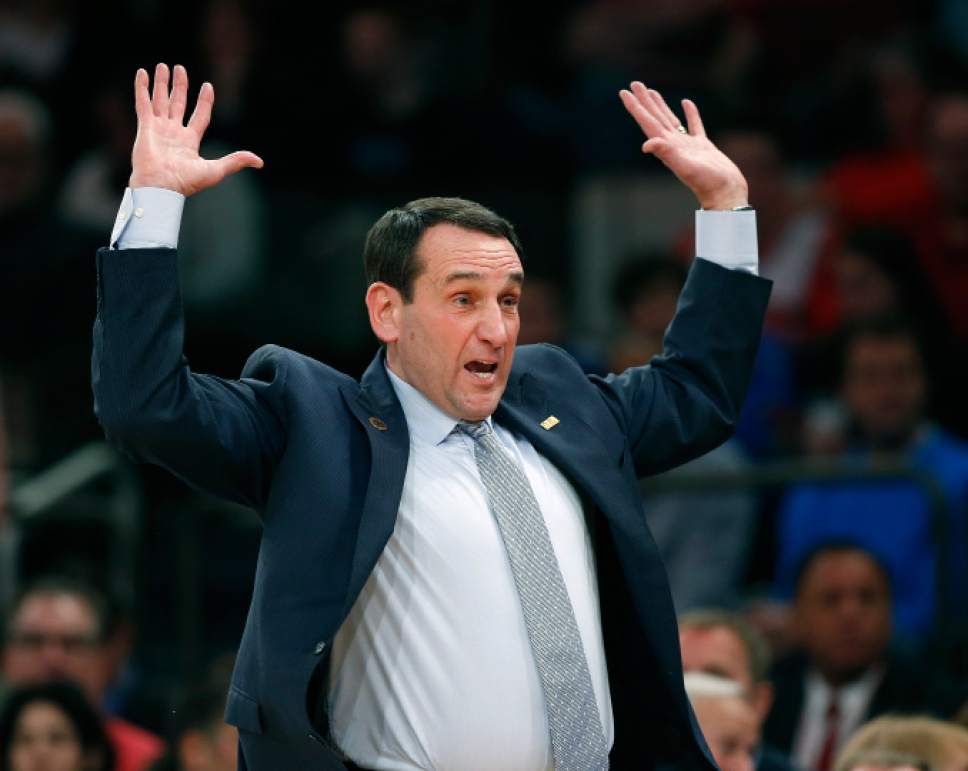
With colleges on the cusp of pre-season football practice, there’s an off-field battle worth keeping an eye on: Coaches vs. medical personnel.
Head coaches at a majority of the big-time college football programs insist on hiring, supervising and firing the doctors and athletic trainers that attend to their student-athletes. Not surprisingly, medical practitioners don’t believe the practice is in the best interest of the student-athletes. Two years ago, the National Athletic Trainers’ Association, joined by five other medical groups including the American Medical Society for Sports Medicine, issued a public statement along with a set of recommendations against the practice. In their words, “Freedom in their professional practice is ensured when neither the team physician nor the athletic trainer has a coach as his or her primary supervisor, and no coach has authority over the appointment or employment of sports medicine providers.”
While the groups’ intent seems obvious, not everyone in the business of collegiate athletics is supportive. Greg Sankey, the newly installed commissioner of the SEC, was recently quoted in the Wall Street Journal as saying: “A coach is going to trust the person he hires. If it’s someone he doesn’t get to choose, sometimes that can lead to more conflict or questioning. The trust isn’t there.”
Sankey’s comments incensed the medical community. Dr. James Tucker, Head Team Physician at Syracuse University, told Training & Conditioning, “For the medical community…his statement is just short of outrageous. (Coaches hiring medical staff is) … a conflict of interest. Medical people should do what medical people do and coaches should do what they do… With the pressures that coaches are under I think it’s hard for them to be objective, especially when they don’t have the depth of knowledge that medical staff does.”
It is incomprehensible how anyone can disagree with Tucker’s comments. Coaches wouldn’t tolerate medical personnel telling them what plays to run or which assistants to hire. Where do coaches get off telling medical staff how to do their jobs?
The answer of course lies in the power and authority that coaches have been ceded by their institutions. And as Tucker pointed out, coaches are under immense pressure, not to maintain the short- or long-term health and wellbeing of their athletes or to educate them. In order for coaches to remain employed and earn their multi-million dollar contracts, they need to win. And it’s easier to win with your best athletes in the lineup, healthy or not.
Dr. Brian Hainline, a New York University neurologist and the NCAA’s chief Medical Officer since 2013, has campaigned for giving medical personnel unchallenged authority from coaches and athletic departments. Hainline told the Wall Street Journal, “Doctors should have complete autonomy to operate in the best interest of players.” To that end, he released a set of guidelines which include a recommendation that the role and employment status of team doctors should be determined through a formal administrative process, i.e., medical personnel should not be appointed by or report to the coach.
But that’s not the reality at most major schools. In a survey of FBS schools conducted by The Chronicle of Higher Education, 40 percent of football athletic trainers said they either reported directly to the coach or a member of the coaching staff, or the head coach or another member of his staff had influence over the hiring and firing decisions. More than half of all trainers who responded to the survey said they had felt pressured to return an athlete to play before they felt he was ready.
The NFL has a five-page Return-to-Play Policy for all concussed players. The Policy mandates that “the decision to return a player to participation remains within the professional judgment of the Head Team Physician or Team Physician designated for concussion evaluation and treatment.” Furthermore, “all return to full participation decisions are to be confirmed by the Independent Neurological Consultant.”
Why can’t the NCAA mandate similar protocols? They can, but the governing body – and member schools – are afraid of lawsuits should any mandated protocols not be followed. But the absence of mandates hasn’t prevented lawsuits from being brought against both the NCAA and individual schools.
If the NCAA and their members were really concerned about student-athletes they would have adopted Hainline’s guidelines long ago. The fact that they haven’t speaks volumes about their real interests.
ORIGINAL ARTICLE:
http://dcourier.com/main.asp?SectionID=2&SubSectionID=2&ArticleID=147922